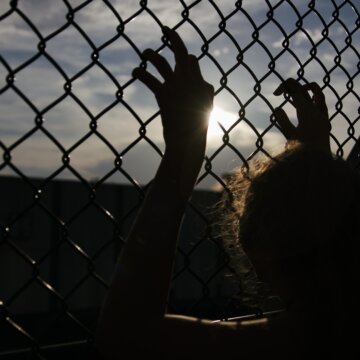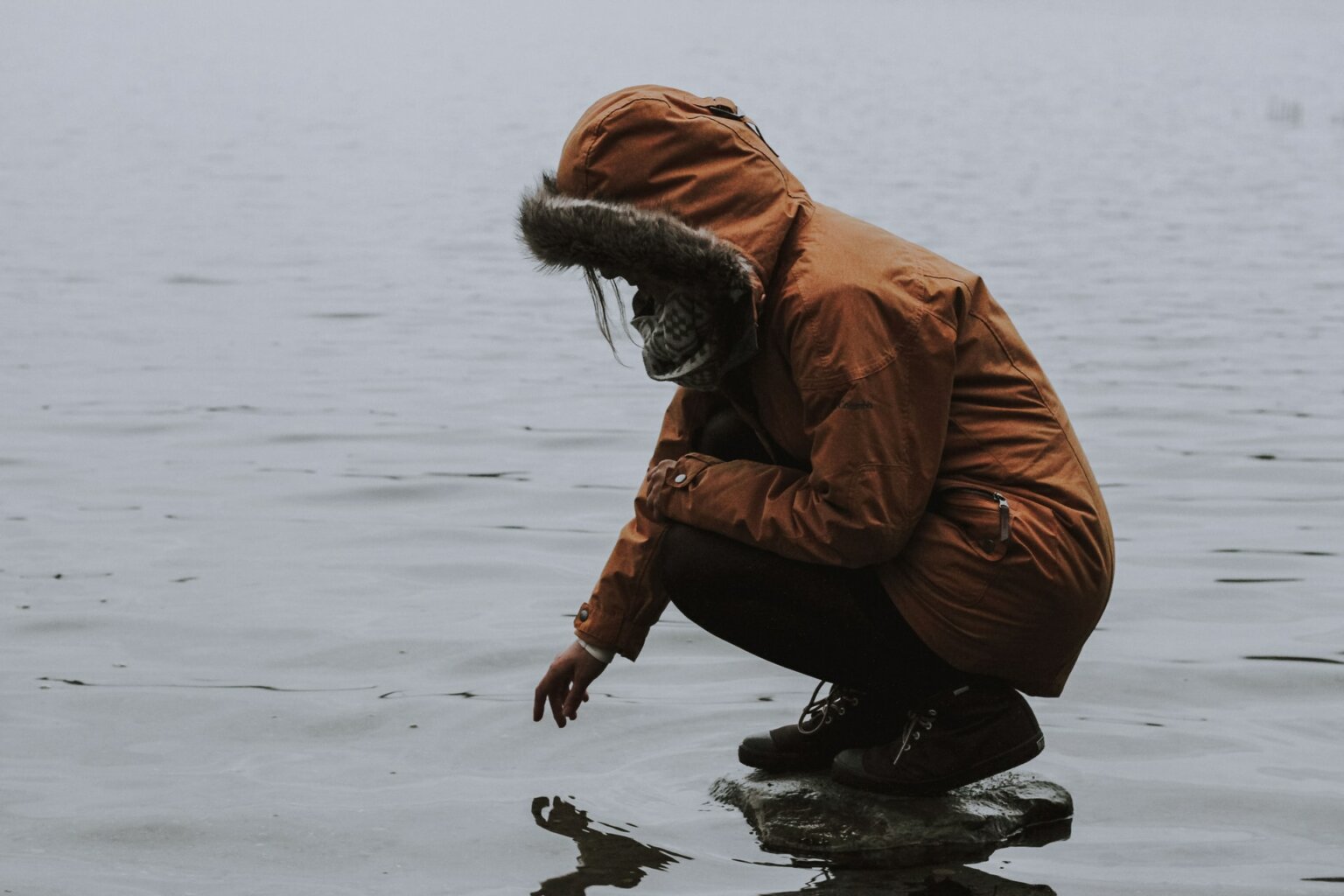- About
- Topics
- Picks
- Audio
- Story
- In-Depth
- Opinion
- News
- Donate
- Signup for our newsletterOur Editors' Best Picks.Send
Read, Debate: Engage.
| topic: | Refugees and Asylum |
|---|---|
| located: | Afghanistan, Iran, Ukraine |
| editor: | Shadi Khan Saif |
When I saw a war-weary Afghan refugee and a Ukrainian lady with a similar fate sharing their ordeal and consoling each other in a shelter of a third country, the signs of trauma on their faces and the sad rays of helplessness in their eyes were the same. However, viral videos on social media of the bullying, abuse and dehumanisation of uprooted Afghan refugees in Iran made me shiver and wonder why anyone could do this - where are the principles of humanity and good community?
In a press release, the head of the World Health Organisation highlighted that the global community is focused on the war in Ukraine and the refugee crisis it has created, but argued that crises elsewhere are not being given equal consideration - possibly because the people affected are not white. Dr. Tedros Adhanom Ghebreyesus questioned whether “the world really gives equal attention to Black and white lives” given that ongoing emergencies in Ethiopia, Yemen, Afghanistan and Syria had garnered only “a fraction” of the concern given to Ukraine.
This statement by the WHO head coupled by the harassment faced by Afghan refugees in Iran indicate that racism alone is the only problem stopping us from offering humane treatment to those fleeing persecution. Despite the access to internet and information, many people ignore the fact that the 1951 Refugee Convention was convened to address the European refugees fleeing the horrors of war.
Circulating videos show Iranian authorities, and in some cases random civilians, physically abusing, threatening and dishonoring mostly younger refugees who seem to have taken shelter in Iran after fleeing war, poverty and drought in Afghanistan. While there does not seem to be a publicly announced policy by Tehran to refuse these refugees, the general resentment on the streets in Iran is shocking and heartbreaking.
For many refugees, this treatment is proving even more painful than the hard-border policies in the West because they had presumed that the deep-rooted cultural ties and shared history would assure them safe haven in these difficult times of need - but their experience proved otherwise.
Farhad Darya, one of the most talented contemporary Afghan singers with a significant fan base across Iran, portrayed the pain of such dejected refugees in an open letter addressed to "the great nation of Iran.” In it he states: “As a human being and a citizen of this planet, I am ashamed to watch your inhumane acts against these broken and homeless [refugees]. If we can not be good neighbours, at least we can be good people.”
Even before refugees were legally defined by the EU's Convention, and the ‘Protocol Relating to the Status of Refugees’ was finalised, those fleeing war, persecution or any other perceivable threats to their lives were granted safe shelter due to the deep-rooted cultural norms of the region. Where has that sense of community gone?
Some level of fatigue among the host communities is understandable when they are visited by thousands (or in some cases, such as in Pakistan and Turkey, millions of) needy neighbours, but that feeling does not justify the current attitude in Iran. There emerges the duty of those in power to chalk out plans and put them to action in collaboration with the global agencies and the international community to both comfort the refugees and keep the host community immune from any negative impacts that might lead to a loss of dignity or lives.
One of the takeaway lessons or reminders from the Covid-19 pandemic for the entire global community is that the world is so deeply connected that isolated policies and actions are meaningless if we seek universal justice, harmony and welfare.
We certainly need more soul-searching and practical solutions to first prevent situations from escalating to the point where people are forced to flee their homes, and then ensure safe havens for the refugees to live with dignity!
Image by Tim Tebow Foundation

